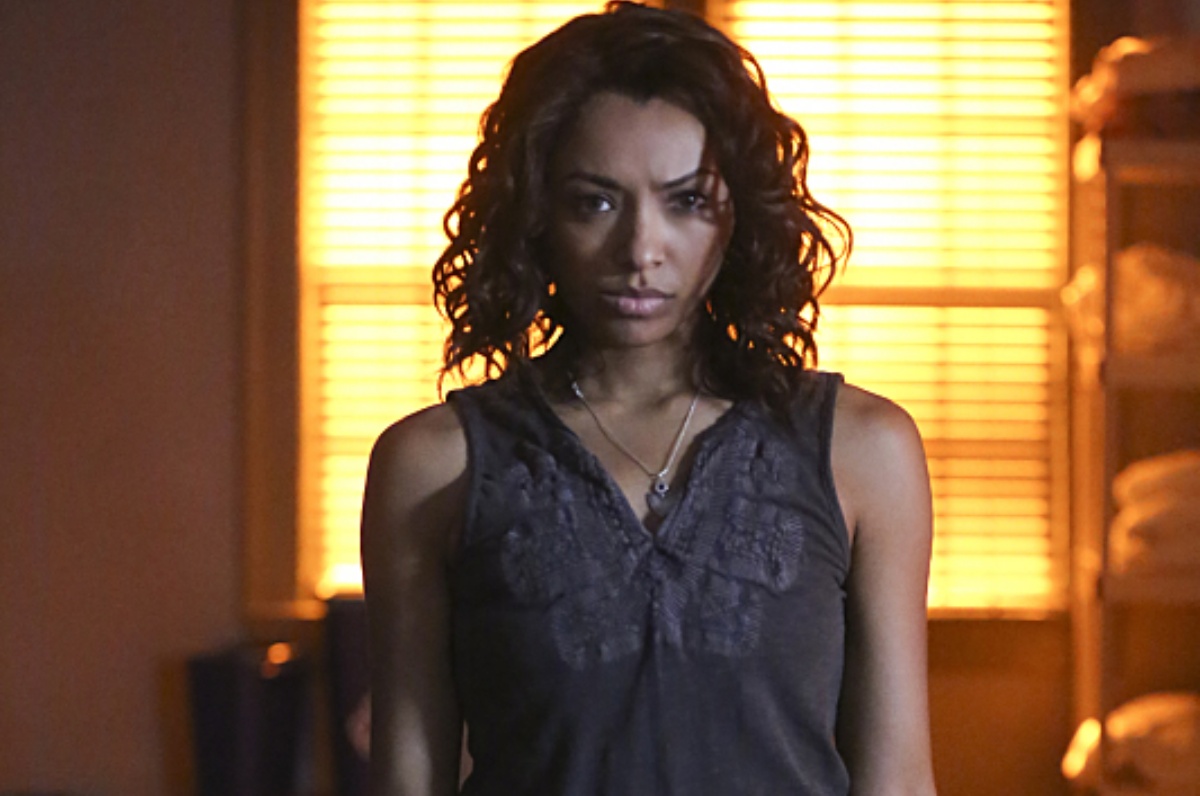The Legacy of ‘The Vampire Diaries’ Universe Is Filled With Misogynoir
And we have not forgotten.

Yesterday, news broke that The CW had canceled a number of its shows in the midst of the possible sale of the network, including Charmed, DC’s Legends of Tomorrow, Batwoman, and more—including Legacies. The cancellation ends the decade+ run of shows from The Vampire Diaries universe, with Legacies being the most recent.
As just an empathetic human, I feel for the cast, crew, and writers who saw their jobs and a layer of security lost in a sudden end. I hold those feelings in one hand, and in the other, the disappointment I feel in the franchise never actually repairing the harm it did to its Black female characters over the years. On this site, and in other places, I have talked about the treatment of Bonnie Bennett on The Vampire Diaries—her years of being tokenized, victimized, forced into a magical negro role, and her romances being poorly written even at the best of times.
Even when other Black women, and women of color, would appear on the show, their roles were minimal and almost always ended in death. In a show where the majority of the leads were white, it was something that stood out. In The Originals, the few women of color on the show were villains who died violently (and usually dated Elijah, but his true loves, both times, were white women despite that), and the one reoccurring woman of color, Keelin, literally ended up marrying the woman who tortured her. Fun.
In terms of the writing around men of color, Marcel was constantly belittled by his white adoptive family, with storylines structured around keeping him in his place. All of that is not to mention that they decided that, despite every other member of the Mikaelson family being a father, uncle, or sibling figure, he would end up marrying Rebekah, someone who, in every other context, played the role of his aunt. Vincent Griffith was the other reoccurring man of color on The Originals, and he basically performed the male Bonnie role, with storylines constantly picking at his trauma and constantly being humbled by the Mikaelsons, even when he clearly had a point.
Thankfully, Legacies has done better in most ways. The show is filled with prominent men of color, but other than the actress who plays Josie being half-Japanese playing a white character, women of color are in the background. When they have appeared, they have been antagonists (Penelope Park and Alyssa Chang).
We have one exception, Cleo Sowande, who was introduced in season three as a recurring character but became a main in the fourth season, which makes her one of two women of color main characters in The Vampire Diaries universe. That is embarrassing for a universe that has been on for so long, and has been called out for its failures. It seems bittersweet that Legacies, the show with the most potential to really lean into the diverse and queer universe that it needed, was the one to end the series. I hope that, in these last few episodes, it will find a way to carve out an ending that does justice for Hope’s story.
As for Julie Plec, who still has not taken accountability for the very racially problematic writing and stories she helped create, she is going on to adapt the Vampire Academy series with a diverse cast. If actions are meant to speak louder than words, we shall see what this new legacy looks like. But for us Black female fans, we will not forget the misogynoir.
(featured image: The CW)
Have a tip we should know? [email protected]
